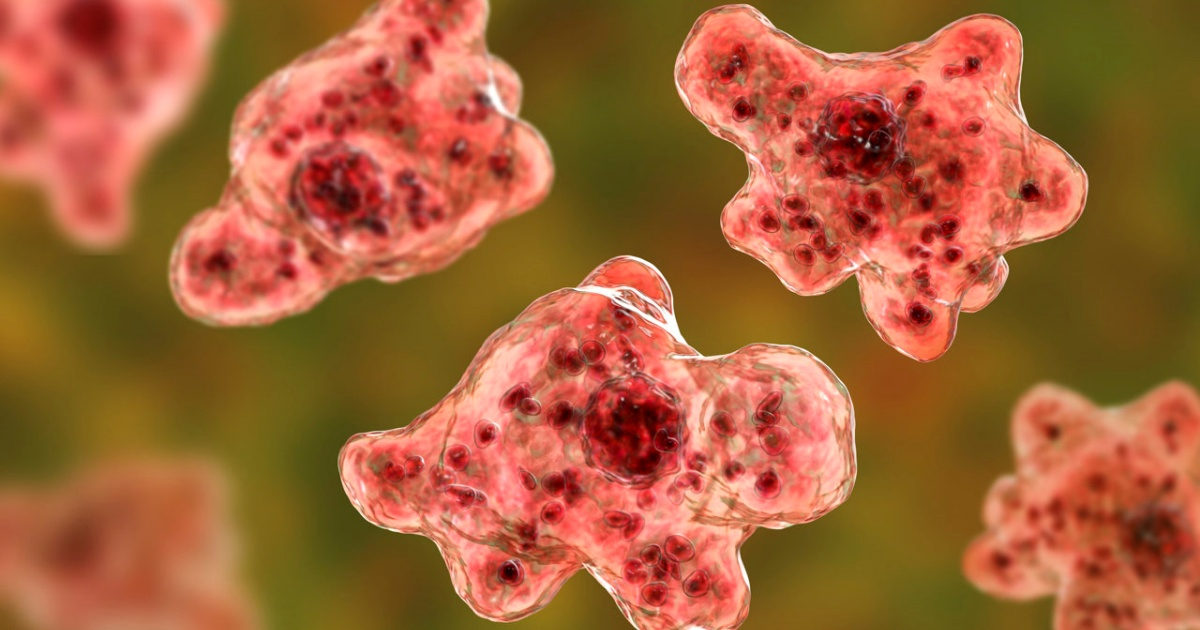
A man residing in Charlotte County, inFlorida, died after becoming infected with the rare flesh-eating bacteriaNaegleria fowleri, popularly known as "brain-eating amoeba".
The health authorities indicated in astatement that the deceased, whose identity was not disclosed, suffered an infection by that parasite"possibly as a result of practices of rinsing the paranasal sinuses with tap water", although the investigation remains open.
TheNaegleria fowleri It is a microscopic single-celled living amoeba that lives in the environment without causing harm to humans, butWhen it proliferates in warm waters it can cause fatal infections.
Infections from this bacteria are rare and can only occur when water contaminated with amoebae enters the body through the nose. However,A person cannot become infected by drinking tap water.
Federal health authorities alerted the population of the danger and recommended thatonly use distilled or decontaminated water when preparing nasal rinse solutions, for which they recommend boiling the solution for at least one minute before consuming it.
According to data from the Department of Health, this parasite infects around three people a year in the United States.
Only four of 154 infected have survived in all the cases recorded between 1964 and 2021.
The protozoa of the genusNaegleria They are single-celled organisms that are usually found in warm, stagnant waters, such as lakes, rivers and hot springs, as well as in puddles heated by the sun.
Only one species, theNaegleria fowleri, affects humans. Many of the victims are often contaminated when they swim, dive, or stick their heads in freshwater ecosystems such as lakes and rivers.
The pathogen travels through the nose to the brain, wheredestroys brain tissue and causes a serious infection called primary amoebic meningoencephalitis (pMA), which has a mortality rate of 97%.
Some of the symptoms include headache, fever, nausea, disorientation, vomiting, neck stiffness, seizures, loss of balance and hallucinations.
According to data from the United States Centers for Disease Control and Prevention (CDC), a child who contracted this parasite died last year after swimming in Lake Mead, in Nevada; another child died in Nebraska and a Missouri resident became infected after bathing in Iowa.
In 2018 alone, 381 cases were recorded worldwide, including in Spain, where a girl residing in Toledo survived the first case reported in the European country.
What do you think?
COMMENTFiled in: